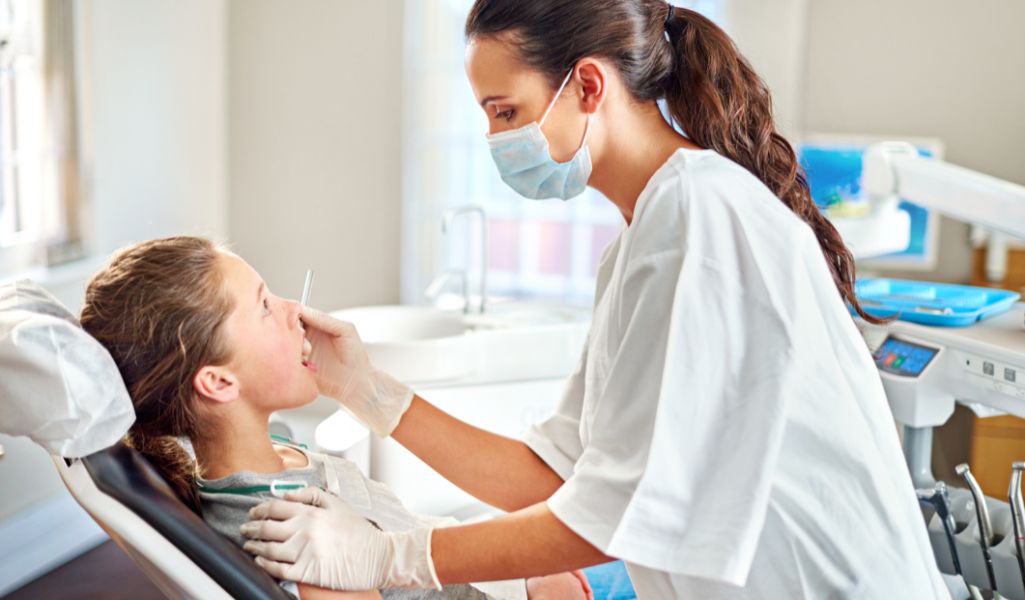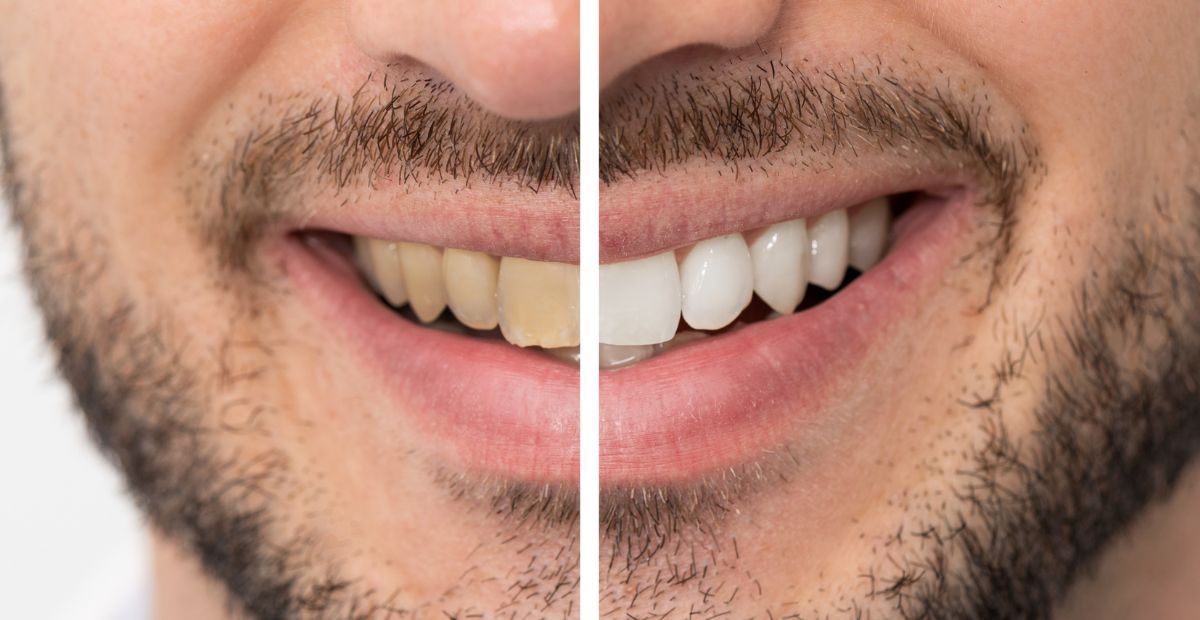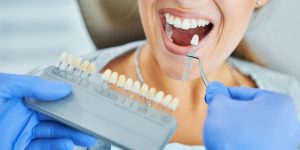Unlock a Healthier Smile: The Importance of Oral Prophylaxis for Preventive Care
A radiant, healthy smile is more than just a visual asset – it plays a significant role in your overall health and well-being. One of the most effective ways to maintain your smile and prevent dental issues is through oral prophylaxis (professional teeth cleaning). This vital preventive care measure is essential for protecting your teeth, gums, and entire mouth, ensuring long-term oral health.
In this blog, we’ll explore the significance of oral prophylaxis, the process involved, and the benefits it offers.
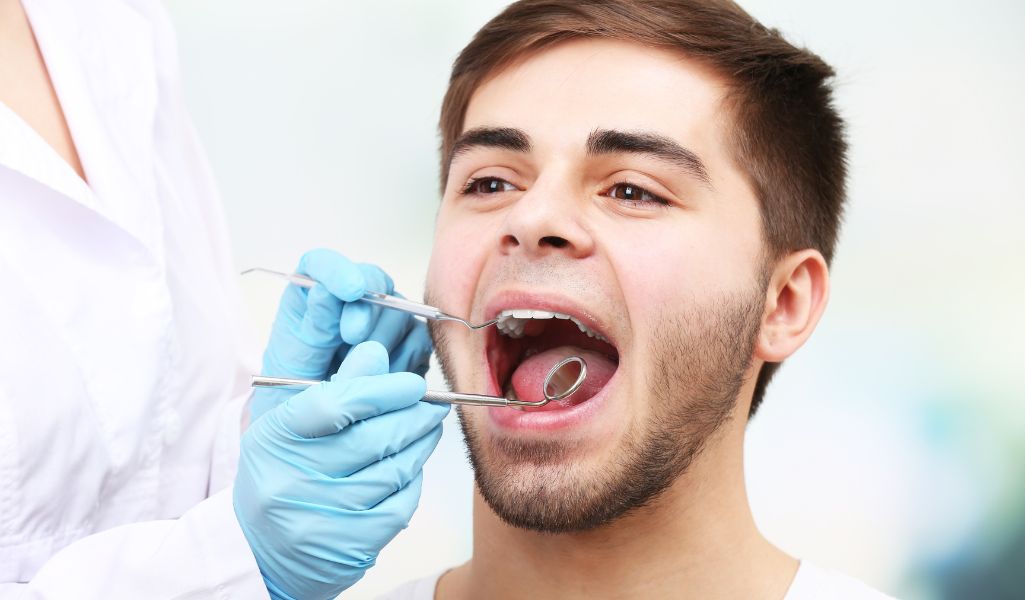
Oral prophylaxis is a professional dental cleaning procedure performed by a Certfied dentist or dental hygienist to prevent the buildup of plaque and tartar (calculus) on the teeth. The goal of this treatment is to maintain good oral hygiene, prevent gum disease, and protect against cavities, ultimately supporting long-term oral health. It’s a crucial part of preventive dental care that goes beyond daily brushing and flossing.
During an oral prophylaxis session, the dental professional will thoroughly clean your teeth, removing plaque, tartar, and any stains that have accumulated over time. This cleaning process helps prevent the development of oral diseases such as gingivitis (early-stage gum disease) and periodontitis (advanced gum disease), which can lead to tooth loss if untreated.
Plaque is a sticky film of bacteria that forms on your teeth naturally after eating. If left untreated, plaque hardens into tartar, a rough surface that encourages even more plaque accumulation. Tartar can only be removed professionally, making oral prophylaxis essential for maintaining healthy teeth and gums.
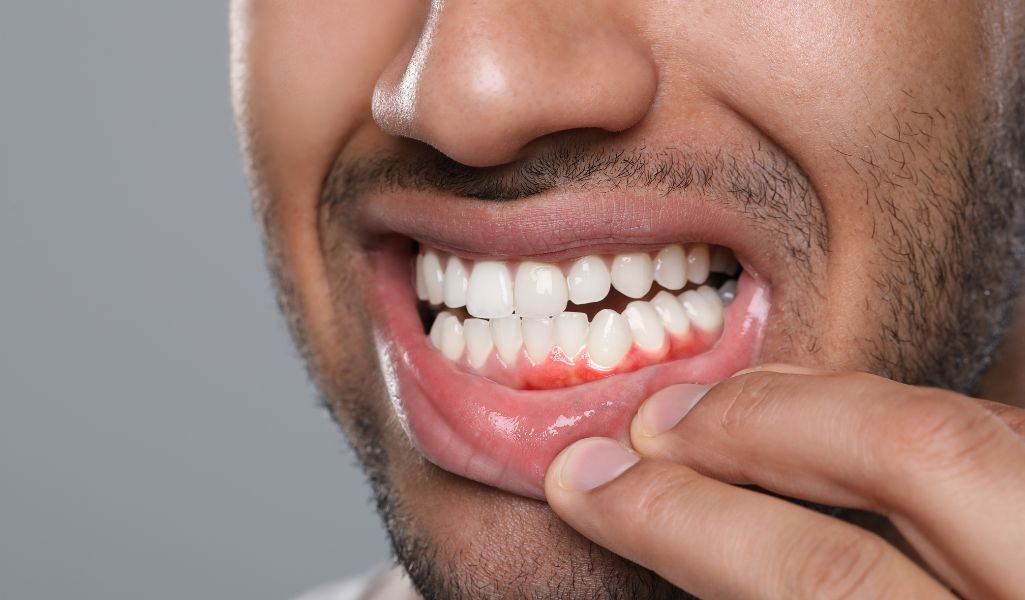
Gum disease is one of the most common oral health concerns. The progression from gingivitis (early-stage gum disease) to periodontitis (advanced gum disease) can result in tooth loss. Regular cleanings remove harmful bacteria that lead to these conditions, ensuring your gums stay healthy and preventing serious complications.
Cavities are a direct result of plaque buildup. Plaque contains bacteria that produce acids, which erode tooth enamel and lead to decay. Through professional cleanings, the removal of plaque and tartar helps protect your enamel, minimizing your risk of cavities. Regular oral prophylaxis can also reduce the need for costly restorative dental procedures in the future.
Bad breath, or halitosis, is often caused by the buildup of plaque and food particles. A professional cleaning removes the bacteria responsible for unpleasant odors, leaving your mouth feeling fresher and healthier. Regular cleanings help maintain a balanced oral environment, improving overall oral hygiene.
Dental prophylaxis is beneficial for people of all ages, from children to seniors. It’s never too early to start preventive care, and regular cleanings play a crucial role in maintaining long-term oral health.
Children are particularly susceptible to cavities as their teeth are still developing. Establishing good oral hygiene habits early on helps prevent dental issues as they grow. Regular dental cleanings for children are essential to remove plaque and tartar, especially since kids may not always be thorough in brushing and flossing. These cleanings also allow the dentist to monitor the development of teeth and gums, ensuring they’re on track for healthy oral development.

By getting children used to professional dental cleanings early, you help them understand the importance of oral health and ensure that they develop habits that will benefit them throughout their lives.
Adults of all ages benefit from regular dental cleanings. As we age, our risk of developing gum disease, cavities, and other oral health problems increases. Dental prophylaxis is a proactive measure to maintain optimal oral health throughout adulthood. Factors such as stress, diet, and lifestyle choices (like smoking or drinking coffee) can all contribute to plaque and tartar buildup, making regular cleanings even more important.
Adults are also more likely to develop issues such as receding gums, cavities, and tooth sensitivity. By visiting the dentist regularly for cleanings, adults can stay ahead of these problems and maintain healthy teeth and gums.
Older individuals are often more prone to dental issues due to factors such as dry mouth, medication side effects, and natural wear and tear on the teeth. Seniors may also be more likely to experience gum recession, tooth sensitivity, and tooth loss. Regular cleanings are essential for seniors to prevent complications and maintain a healthy smile.
In addition, older adults are at a higher risk for conditions like periodontitis and root decay due to changes in oral health and the aging process. Prophylaxis helps protect against these issues and provides an opportunity for the dentist to identify potential problems early on.
An oral prophylaxis appointment typically involves the following steps:
